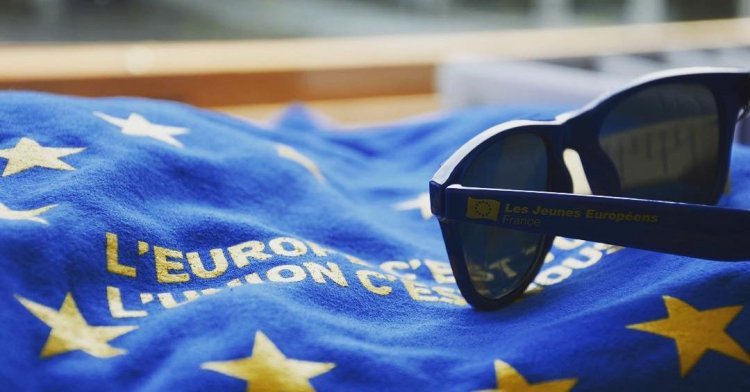Serbia took this trial very seriously since democratic changes in 2000. Serbian insecurity and a desired end to the legal proceedings motivated Serbian politicians to put a lot of efforts into settling the matter outside the Court. The prosecutor in the case, Bosnia and Herzegovina however, refused such a solution sure of its victory.
The trial started in 1993, in the middle of the war. Serbia, now the sole legal successor of the Federal Republic of Yugoslavia, and before that Serbia and Montenegro used this fact as their strongest argument. Namely, at that point Serbia was not member of the United Nations Organisation and consequently the International Court of Justice in The Hague. The Court refused this argument affirming its jurisdiction to deal with the case at hand.
The Bosnian party to the case started the legal proceedings very self-confidently, even though the legitimacy of the claim was suspected from the inside, too. The case had been applied for during the war and the Bosnian Serbs were not supporting it. According to the Dayton Agreement, the main legal act in the country, such action requires support of each of tree nations in Bosnia and Herzegovina. The Bosnian Serbs had tried to de-legitimize the trial in this way.
Looking back in time and trying to be as objective as possible, I have gained the impression that the Bosniak party invested much more in the trial than needed to clarify the truth and/or demand for enormous reparations. The case turned to be an instrument of Bosniak’s political elites in the struggle against Republika Srpska. Although a legitimate debate about the necessary constitutional reforms in Bosnia and Herzegovina are going on for some time now, demands for unitarisation and pressures on Bosnian Serbs is becoming bigger and bigger.
Judging by the reactions after the verdict, I think the Bosniak leaders acted too emotionally, like a defeated party. A certain level of revanshism appeared in their lines. These days they tried to stop an Agreement on Double Citizenship between Bosnia and Herzegovina and Yugoslavia, which Serbia succeeded together with the rest of international agreements previously conducted by Yugoslavia. I believe that there is no space for such reactions, especially in this situation!
On the other side, there is satisfaction given the ICJ’s decision, but there is no celebration. Serbian leaders expressing their satisfaction with the judgment always emphasized the need that all war crimes should be punished! The Court stressed Serbia’s obligation to cooperate with the ICTY once more. If political obligations and preconditioning was not enough for somebody in Serbia, this clear legal obligation should be!
He added that the Serbian Parliament should pass a motion condemning the massacre.
The Bosniaks are unsatisfied with the decision and that is understandable. But, the ICJ confirmed the 1995 Srebrenica massacre using the jurisprudence of the ICTY, which prosecuted or judged several high officers of the Bosnian Serb Army for genocide and crimes against humanity, (especially general Krstić – sentenced already for 35 years, and general Mladić – still on the loose).
A lot of comments about this final judgment have been made, especially in terms of “balancing the guilt” or making a politically correct decision. Indeed, that can be sad, but I see nothing wrong here. First, the ICJ makes its decisions ex aeque et bono. Second, its decisions should prevent any future conflict. That’s why I believe that this judgment should not satisfy anybody completely, but also should not make anyone completely unsatisfied.
Serbia got a chance to continue its democratisation process and strive for it’s integration into the EU. In Bosnia, the most horrifying war crimes have been confirmed and people there got a chance for reconciliation and to turn to the future without forgetting the past. The ICTY got a confirmation of its work and efforts to individualize the guilt.
This decision of The International Court of Justice offered the whole region of the Western Balkan an opportunity to tighten the belts of history and continue working together towards a desired Europe.
Are we going to use it?!!!


Follow the comments: |
|
